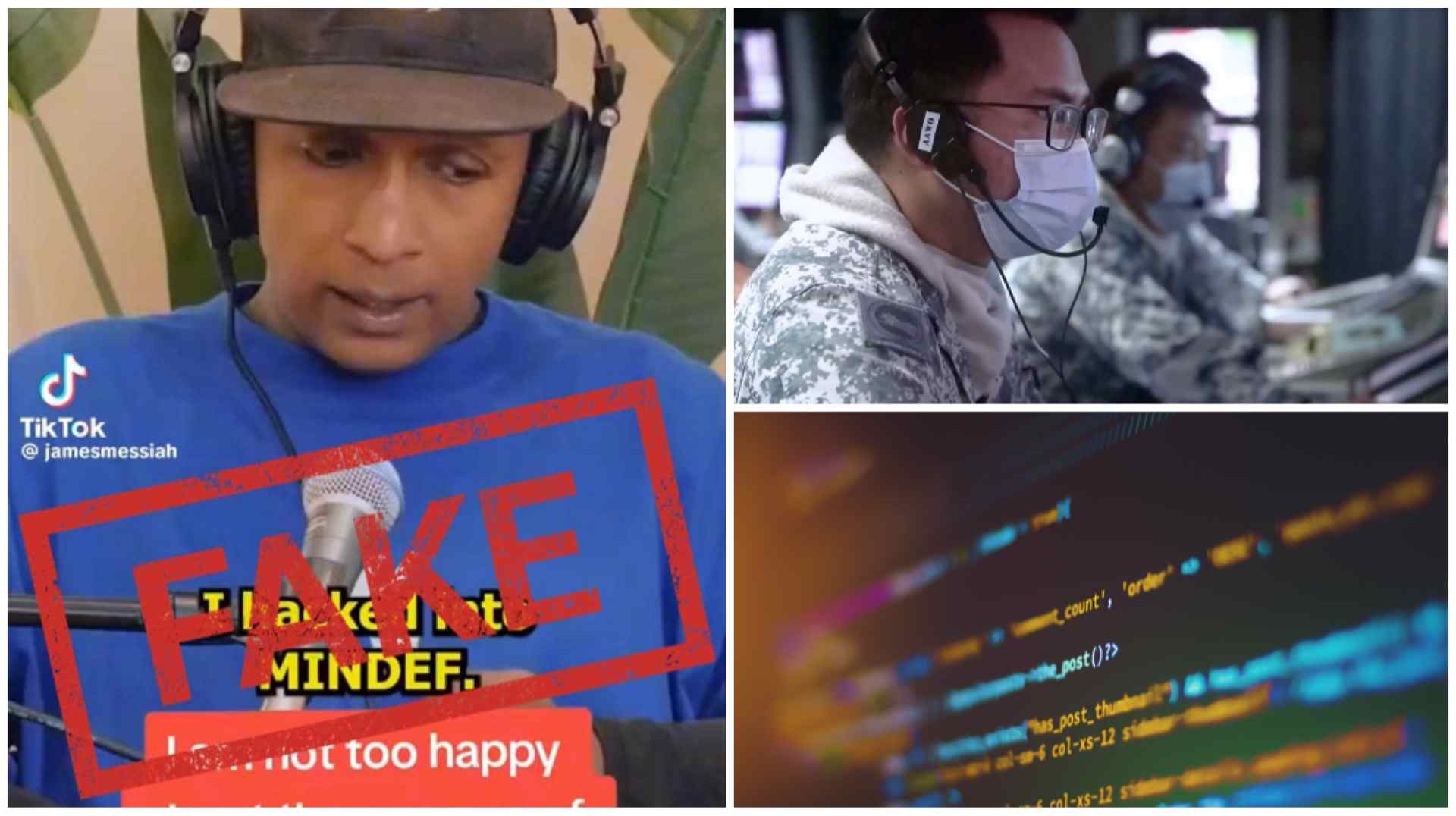His Claim Of Hacking Into MINDEF Throws Spotlight On Its Robust Cyber Defence Instead
This is a naggy but necessary PSA: The internet is a dangerous place. And it’s no doubt getting more perilous. Listen to your parents, kids. They’re right.
We need only look at the past few years to know this is true.
At the onset of the COVID-19 pandemic, rumours and misinformation abounded – remember all that (fatal) crap about drinking bleach and eating persimmons to cure and prevent the virus, respectively?
Last month on Wonderwall.sg, we highlighted the exponential rise of scams and cybercrime, with scam victims in Singapore losing a total of $660.7 million in 2022, up from $632 million in 2021, according to the Singapore Police Force.
And now, cybercriminal James Raj Arokiasamy, has claimed on a Plan B podcast episode (which aired on 6 Sep) to have hacked into the systems of Singapore’s Ministry of Defence (MINDEF), prompting MINDEF to announce on social media that: “This is untrue. MINDEF’s systems were neither hacked nor compromised as claimed. MINDEF will continue to stay vigilant and maintain a stringent and proactive approach in detecting and defending against potential cyber threats.”
In 2015, the hacker, who went by the pseudonym Messiah, pleaded guilty to 39 charges of computer misuse and one count of drug consumption, and was jailed for four years and eight months. He had targeted servers of organisations such as PAP Community Foundation, Prime Minister’s Office, and City Harvest Church, among others.
Comments reacting to MINDEF’s clarification post ranged from indignation (“These kind of people are wasting govt’s time and taxpayers’ $”) and a show of trust in MINDEF’s cyber defence (“Thank you for protecting personnel and the public against cyber threats”) to sympathy (“This fella clearly needs help. Hope he gets it.”) and facetiousness (“He’ll be getting a lot more TikTok followers because of this image, haha”).
Singapore-based podcast Plan B also posted MINDEF’s clarification on their social media pages.
This is a timely reminder not only to take every piece of content you see on social media with lotsa salt, but also that the Singapore Armed Forces’ (SAF’s) fourth service, the Digital and Intelligence Service (DIS) exists to tackle the evolving and increasingly complex challenges in the digital domain.
Inaugurated on 28 Oct 2022, DIS marks a significant development in the evolution of the Next Generation SAF.
Most importantly, this is yet another cue for us to be vigilant in the digital space. Read our piece on protecting your privacy online, and also check out our piece on how to speak digital to seniors (as you know, digital security is a major issue for the less tech-savvy).
And if you’re inspired to be part of the cybersecurity industry, read Red Alpha Security CEO Benjamin Tan’s journey from being part of MINDEF’s fledgling cybersecurity team back in the day to mentoring a new generation of cyber defenders.
For the latest updates on Wonderwall.sg, be sure to follow us on TikTok, Telegram, Instagram, and Facebook. If you have a story idea for us, email us at [email protected].










